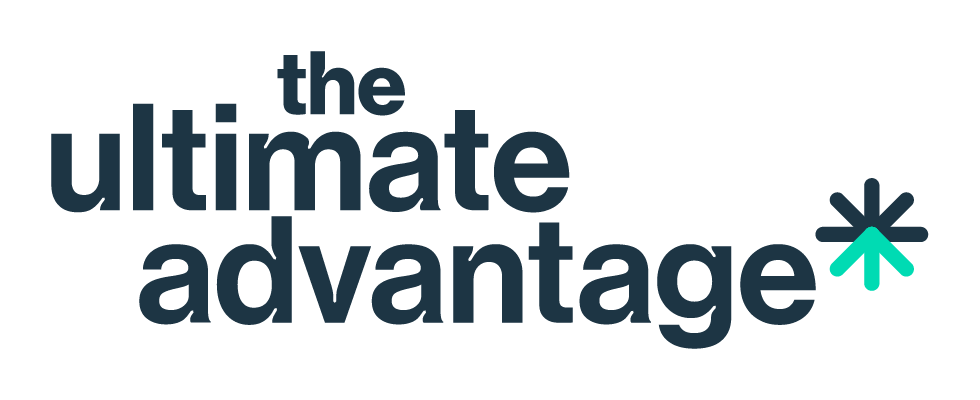
In summary then, when you’ve said what you need to, stop. When you’re asked something, wait.
When communicating, often the things that aren’t said are the most powerful. Take body language for example – it's a vital facet of how we communicate with others, but absolutely doesn't have to be accompanied by words. A simple nod of the head, a pointed stare, a smile, a shrug of the shoulder, the list is endless, but the message we want to convey is visually presented and, on the whole, universally understood.
Another non-verbal but utterly powerful device is the pause. The majority of us don’t use it enough, instead dreading the thought of a moment’s silence and the ensuing awkwardness. So, after posing a question or asserting a fact to your partner, or group, more often than not we simply continue to speak. Not only do we throw about the power and the purpose of the statement, but we confuse the communication and risk drowning our partner in white noise detail.
Not only is a pause useful when speaking, it’s also more than helpful when being spoken to. Whilst it may be tricky, and seemingly unnatural at first, try to pause after a request is made of you. We don’t mean a stony silence here – smile, tilt your head to one side, nod - provide positive indications that you’re listening, processing and understanding what you’re being told or asked. This will allow you to ponder your response for a few moments, but usually also encourages your conversing partner to elaborate further. By continuing to listen to them, you will gain more colour, more flavour, more background and more depth, allowing for truly masterful and valuable discussions. And that assists you with your decision and response.
In summary then, when you’ve said what you need to, stop. When you’re asked something, wait. This will allow the space you both need. As Ernest Hemingway said, listening is crucial: “I like to listen. I have learned a great deal from listening carefully. Most people never listen”. By respecting the communication taking place, appreciating the power of the pause and taking time to consider your most compelling and authentic response, you can absolutely improve the quality of your discussions.

Meet the Author
As one of the UK's leading experts in the applied psychology of language, Fliss has helped Boards, leadership teams, and c-suite executives from across the world to communicate with influence, integrity, and impact. A psycholinguist, voice dialogue, and NLP Practitioner, Fliss is also trained in influence and persuasion, and behavioural psychology, and is a certified empowerment coach and trainer. Fliss heads-up The Ultimate Advantage, a dedicated language and communications mastery coaching and training consultancy, as well as Zen Communications, a successful PR and content agency. She regularly speaks on all aspects of compelling communication and is a popular podcast guest.
If you loved this then give it a share!


Download our guide to learn the five secrets to compelling communications.



